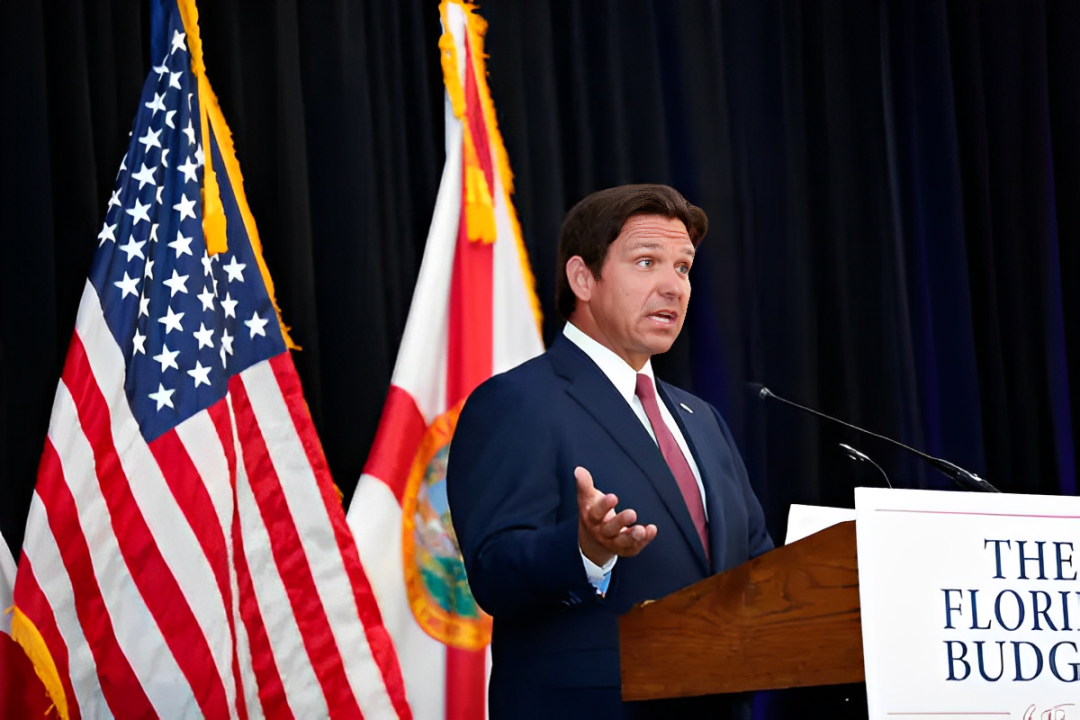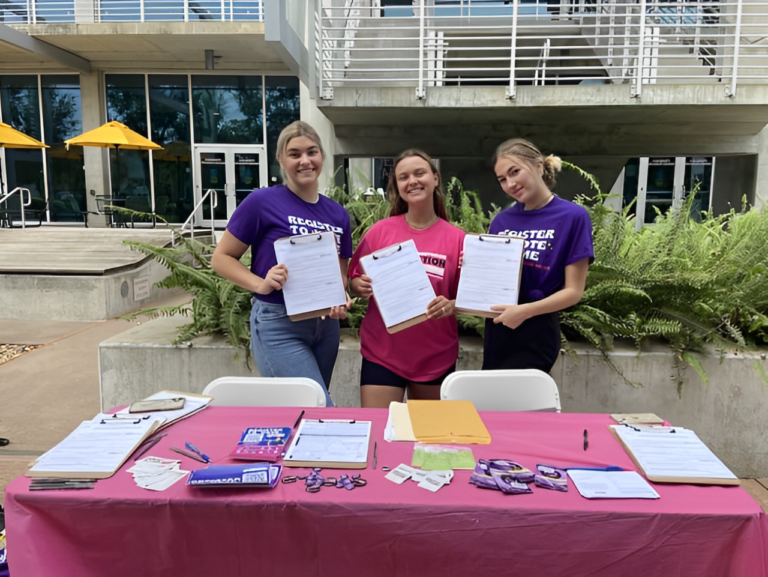Governor Ron DeSantis’ recent decision to veto arts and culture funding from Florida’s upcoming state budget has sent shockwaves through the state’s arts community. This move, which has been described as a devastating blow, affects numerous cultural organizations and institutions that rely on state support to operate and thrive.
One of the hardest-hit organizations is the Orlando Family Stage, the only professional theater for young audiences in Florida. Chris Brown, the Executive Director of Orlando Family Stage, expressed his deep concern over the funding cuts, noting that this is the first time he can remember the theater not receiving state funding. The theater, known for its camps, Christmas shows, and educational programs, has played a significant role in the community for years.
The theater was initially granted $150,000, but the legislature halved this amount in the spring. The final blow came when Governor DeSantis cut the remaining funds entirely, leaving the organization to make difficult decisions about its future operations.
Artistic Director Jeff Revels explained the immediate impact of the cuts, stating, “The biggest thing you’ll see is that one whole complete production has been cut out of the season. And so that’s that.”
The arts and culture sector in Florida is a substantial economic driver, generating 268,000 jobs across the state. Revels estimates that Loch Haven Park, where the Orlando Family Stage is located, alone brings in about $58 million to the local economy. These figures underscore the broader economic implications of the funding cuts, which extend beyond the immediate loss of financial support to the affected organizations.
Revels and Brown also highlighted the non-economic benefits of arts and cultural organizations. “This art form is especially for young people, especially with the challenges that they’re having right now in their lives,” Brown said. “This is crucial to their development, and it’s crucial for us to have great humans in society. That is why we are here. We are creating good humans, good citizens.”
The importance of the arts in fostering community and individual well-being cannot be overstated. Arts and cultural organizations provide a space for creativity, expression, and learning, which are vital for the development of young people and the enrichment of society as a whole. The Orlando Family Stage, for instance, has been a beacon of cultural education and entertainment, offering a wide range of programs that engage and inspire young audiences.
Despite the significant surplus in Florida’s state budget, which stands at over $17 billion, the decision to veto the $36 million allocated for arts and culture has been criticized as shortsighted. “This $36 million was kind of a drop in the bucket,” Revels pointed out. “And it’s not a handout from the state. It’s an investment.” This perspective underscores the belief that funding for the arts is not merely an expense but a strategic investment in the cultural and economic vitality of the state.
The reaction from the arts community has been one of disappointment and concern. Many fear that without state support, numerous programs and initiatives that benefit the public, particularly children and young people, will be at risk. The cuts have forced organizations to rethink their strategies, cut back on production, and, in some cases, reduce their workforce, which further exacerbates the economic impact.
The broader implications of these cuts will likely be felt across the state as arts and cultural institutions struggle to maintain their operations and continue serving their communities.
Also Read:
Governor Ron DeSantis Approves $20 M for Improving Security in Jewish Schools!
New Law Proposed to Prevent Gun Thefts from Unlocked Cars!
Trump Hush Money Case: Rep. Byron Donald Thinks Supreme Court Should “Intervene”!
The decision has sparked a conversation about the value of the arts in society and the role of government in supporting cultural initiatives. As organizations like the Orlando Family Stage navigate these challenges, the importance of community support and alternative funding sources has never been more critical.







+ There are no comments
Add yours